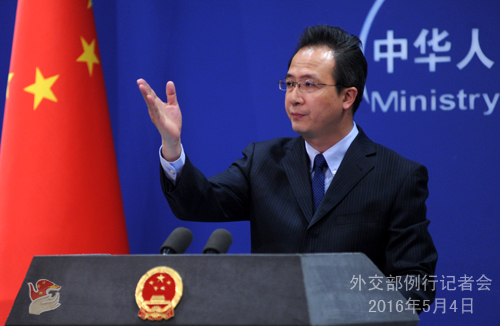China denounced the United Nations for its declaration against its new law governing foreign NGOs operating in China as based on “prejudiced and unfounded allegations”, and has demanded that the statement be withdrawn. China’s foreign ministry spokesman Hong Lei told the media in Beijing that his government: “firmly opposed” the declaration, which was an “utter interference in China’s judicial sovereignty and domestic affairs”.
The law highlighted was passed with hardly any opposition at the end of April, 2016, by China’s legislature, and gives everyday police wide-ranging powers to handle overseas NGOs to the extent of banning them from developing, say by way of gaining members or raising funds inside China.
Big time NGOs such as Save the Children, and pressure groups like Greenpeace are directly affected, but also chambers of commerce and university clubs of all descriptions, all come under the new law. This law is seen as being “excessively broad” and with “vague provisions” while discretionary powers thereby given to authorities, “can be wielded as tools to intimidate, and even suppress, dissenting views and opinions in the country” – according to the UN.
The measures were “vastly intrusive” and would have a “detrimental impact”, according to the website of the UN’s human rights high commissioner.
On the contrary, the law was intended to “protect the legitimate rights and interests of overseas NGOs”, Hong Lei also said in Beijing, adding that the legislative process was transparent and outside interests and opinions had been taken into account.
A European Union delegation to China had stated that the law gave the government “virtually unlimited authority to monitor and interfere with NGO affairs”. For example. according to the legislation, when it comes into effect in January police will be able to revoke the registration of any organisation deemed to “damages national interests” or that “threatens society’s interests”. Plus, any group committing actions deemed “separatist” or “subverting of state organs” would be banned, as will those which “spread rumours”.
Scores of lawyers, academics and activists have been detained and dozens jailed over the recent past and this additional measure is notable as an extra precaution against any dissent in a government effort headed by President Xi Jinping, and taken as more evidence of a continuing crackdown on the looser elements of society in China.










